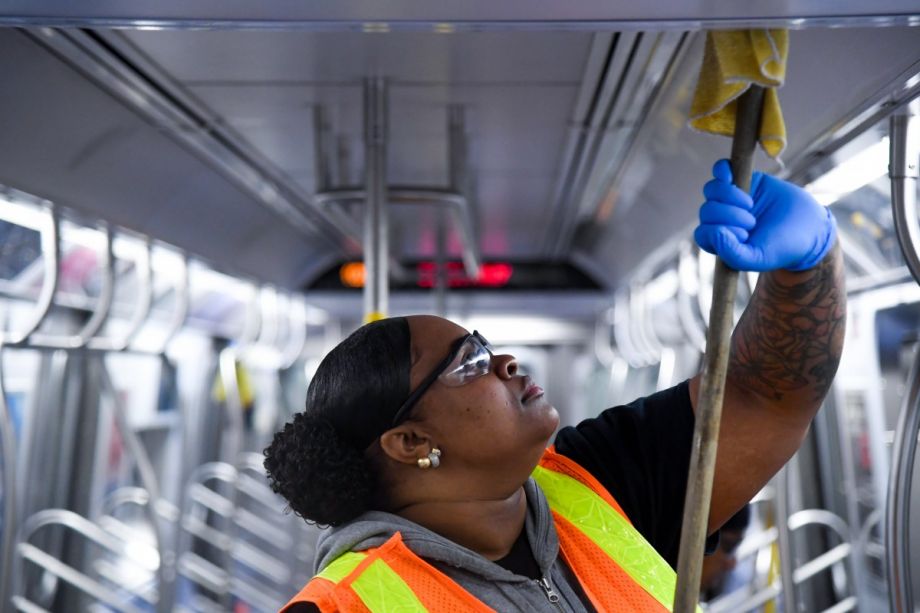

(Photo by Metropolitan Transportation Authority of the State of New York / CC BY 2.0)
More than five years after the start of the pandemic, many Americans still struggle to make sense of what happened. This week on Next City, we interview Manhattan borough historian Robert W. Snyder, whose new book “When the City Stopped” revisits New York City’s darkest days through the eyes of the essential workers who kept it running.
From nurses and delivery workers to ambulance crews and grocery clerks, Snyder brings together over 400 oral histories, poems, and journals collected during the early months of COVID-19 — including the raw, emotional video diaries of nurse Patricia Tiu. She’s the Queens-born daughter of immigrants from the Philippines who was working at New York–Presbyterian/Weill Cornell Medical Center in Manhattan’s East Side when the COVID-19 pandemic exploded. In this episode, we listen to excerpts from the diary. Plus, Snyder reflects on the need for collective remembrance.
“If we're gonna come to grips with it and build on it in a positive way, we have to carefully, cautiously, humanely, generously try to understand what did happen so that we can move forward from it,” he says.
To read more, Next City published an excerpt from “When the City Stopped: Stories from New York’s Essential Workers.” And listen to the episode below or subscribe to the Next City podcast on Apple, Spotify or Goodpods.
This post was originally published on Next City.